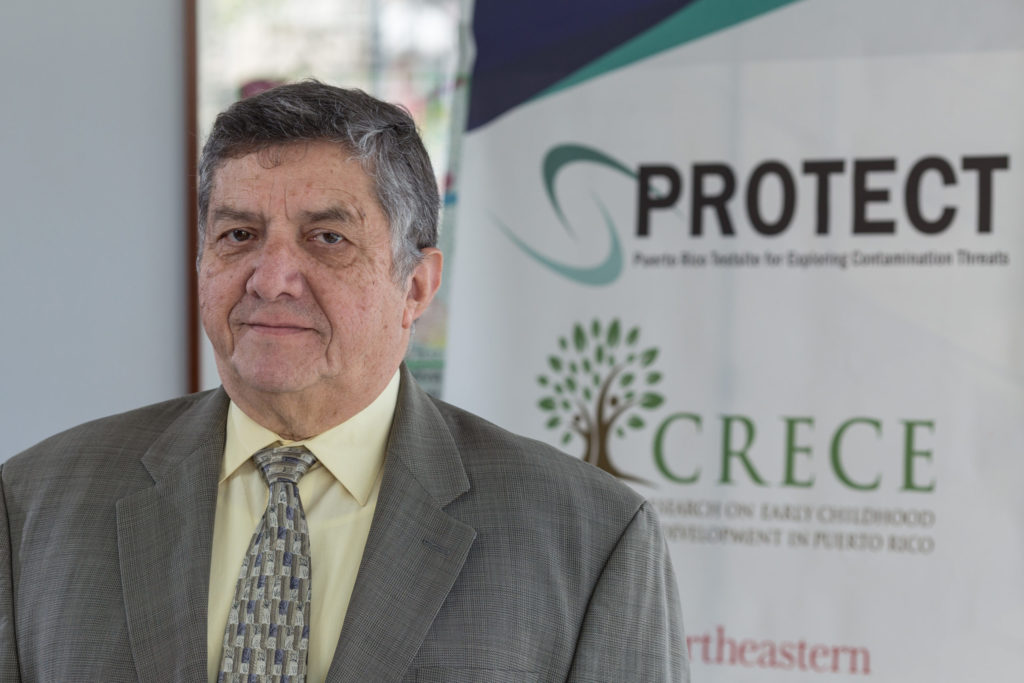Georgians are more familiar with the steps we need to take to hunker down during a hurricane or an ice storm, but the steps families should take to prepare for an outbreak are similar.
“We all should be thinking about preparedness,” said José Cordero, a pediatrician and epidemiologist with the University of Georgia College of Public Health who studies infectious disease spread and its impact on families.
The purpose of a quarantine, Cordero said, is to keep people that may be infected or have been exposed in some way to coronavirus from having contact with others, so it’s really important for people to heed a community quarantine.
The first thing families in Georgia need to do, he said, is create a household plan of action. This plan should include:
- A list of supplies the family would need to sustain itself in the case of a community quarantine. Think food, water, medication, pet food and toiletries.
- A plan of action if a member of the family gets sick.
- A plan for child care if school or day care is closed.
- A plan for care if home health aides can’t attend a loved one.
When it comes to food, think beyond bread and milk, Cordero said.
- You’ll need enough food to last for at least two weeks.
- Stock up on canned foods, frozen foods and dry goods.
- Think about meals that you can prepare without power, just in case there are utility gaps.
- Have a supply of water on hand for drinking, but also for cooking, cleaning and bathing.
- Refuel generators and gas grills now.
- And stock up on your favorites, especially if you have a picky eater in the family.
- “For me, I made sure we had enough Special K with strawberries for breakfast,” said Cordero.
And don’t forget about medications, first aid kit supplies and pet food.
“I also recommend having plenty of things around to keep kids entertained. Two weeks is a long time to be out of school or stuck in a house.”
If a member of the family begins to show signs of a cold or flu, the family needs to have a plan for how that sick loved one will be isolated from other family members and who will take the lead on their care. Needs will look different for each family, said Cordero.
- For families with kids – get in touch with schools and child care centers so that you know what their plans are in the case of a local confirmed case of coronavirus.
- For families with older or ill loved ones – get in touch with the long-term care facility to learn what its plans are to keep the community safe. If a loved one needs to be moved in with the family, start planning now to prepare that room for their unique accessibility needs.
- For families with a disabled loved one – have all the medication and tools you need to manage at home, and get in touch with any specialty care provider to get their input on your household care plan.
Pregnant women should take special precaution, said Cordero. In most cases, women assume the role of caregivers when a child or older family member gets sick, but pregnant women may be more susceptible to the effects of coronavirus, which is true in the case of the flu.
It is likely that more cases of COVID-19 will be confirmed in the coming weeks, but Cordero urged families to remember that basic universal precautions like getting the flu vaccine and good personal hygiene are the best ways to protect yourself and your family.
“Prevention is key. It’s important to remember that the U.S. has had practice handling infectious disease response for swine flu, Ebola, and most recently Zika. We’re better prepared now because of those experiences to keep people safe, but it will require us all to practice basic prevention,” he said.
One final tip, said Cordero: Stay informed, but be wary of unofficial statements made on websites and social media. “The information on websites for the CDC and the National Institutes of Health have gone through layers of review for accuracy that other sources have not.”
To learn more about basic coronavirus prevention, the Centers for Disease Control and Prevention is Cordero’s top source: https://www.cdc.gov/coronavirus/2019-ncov/community/index.html
